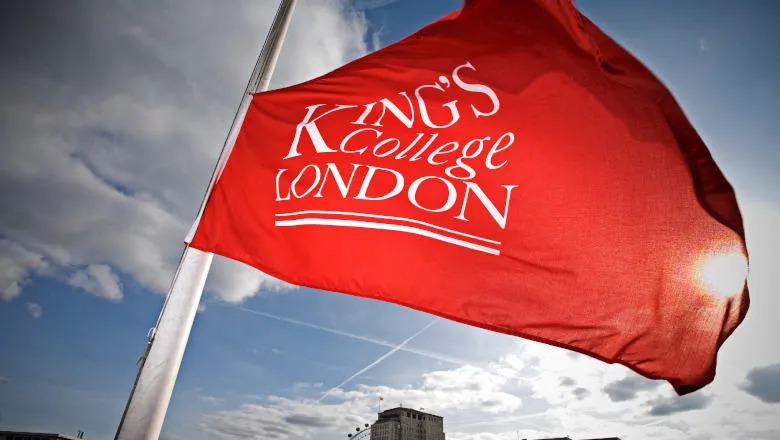18 February 2021
Article on "Revolution and Intervention" published in Noûs
Professor Massimo Renzo's paper has has recently appeared in Noûs, a notable philosophy journal.

Titled "Revolution and Intervention", the paper argues that provided traditional principles assigned by the body of international law governing the right of one state to resort to war against another are fulfilled, then military humanitarian intervention to stop large scale violations of human rights (such as genocide, crimes against humanity or war crimes) is widely regarded as morally permissible.
Professor Renzo said: "In cases of “supreme humanitarian emergency”, not only are the victims morally permitted to rebel, but other states are also permitted to militarily intervene. Things are different if the human rights violations in question fall short of supreme humanitarian emergency. Because of the importance of respecting political self‐determination, in cases of “ordinary oppression”, we normally think that rebellion might be permissible, but not military humanitarian intervention. Thus, according to the received view, the conditions for the permissibility of intervention coincide with the conditions for the permissibility of revolution in cases of supreme humanitarian emergency, but not in cases of ordinary oppression. In cases of ordinary oppression there is an asymmetry between the conditions for the permissibility of revolution and intervention (call this the Asymmetry View). Should we accept the Asymmetry View? He answers this question by outlining an account of political self‐determination and by illustrating the complex role that this notion should play in discussing the morality of revolution and intervention".

